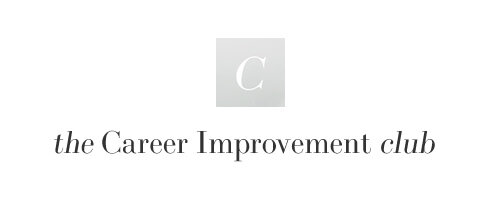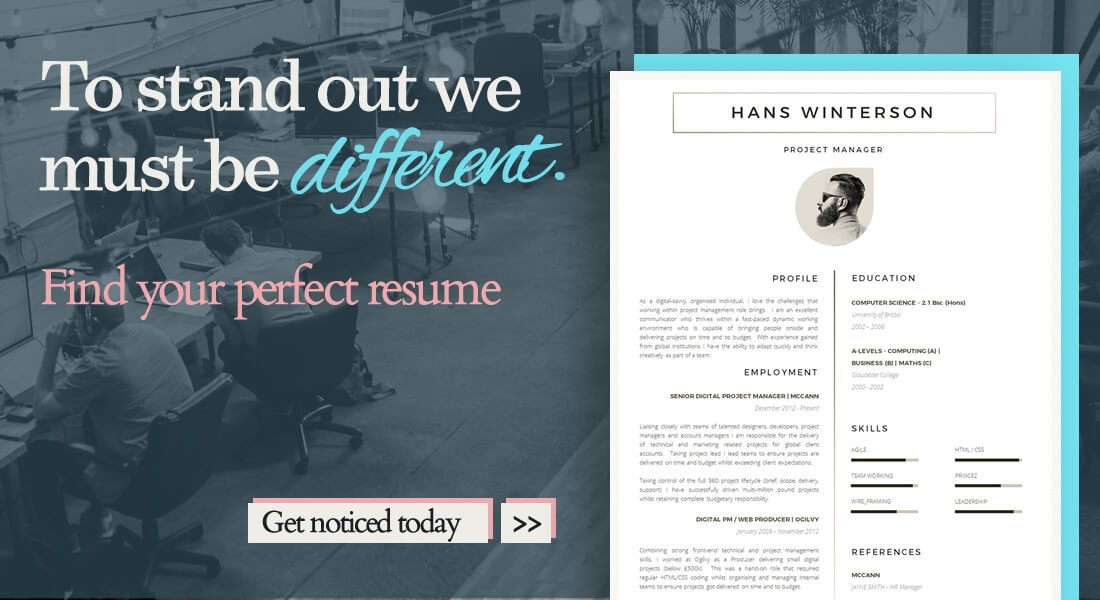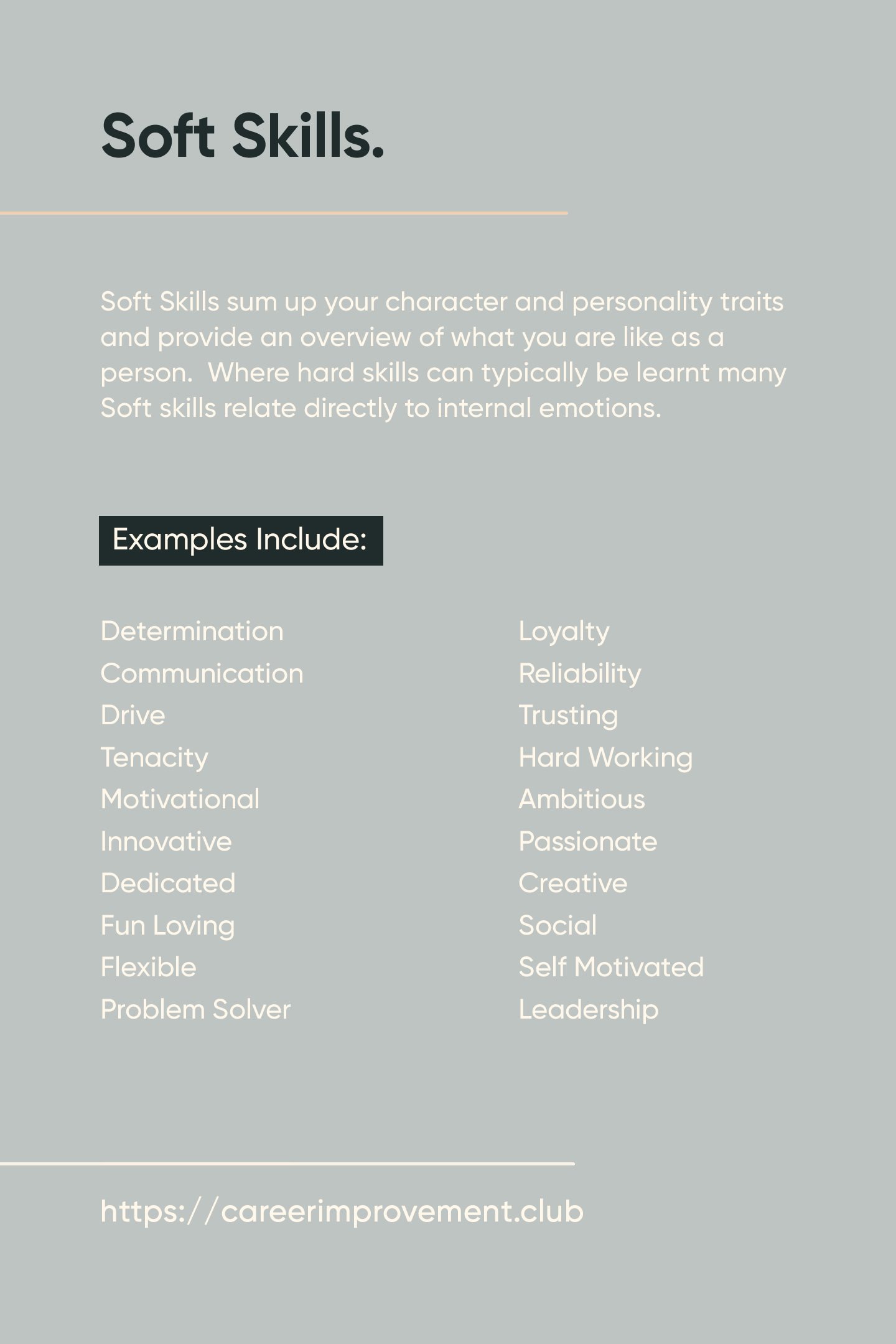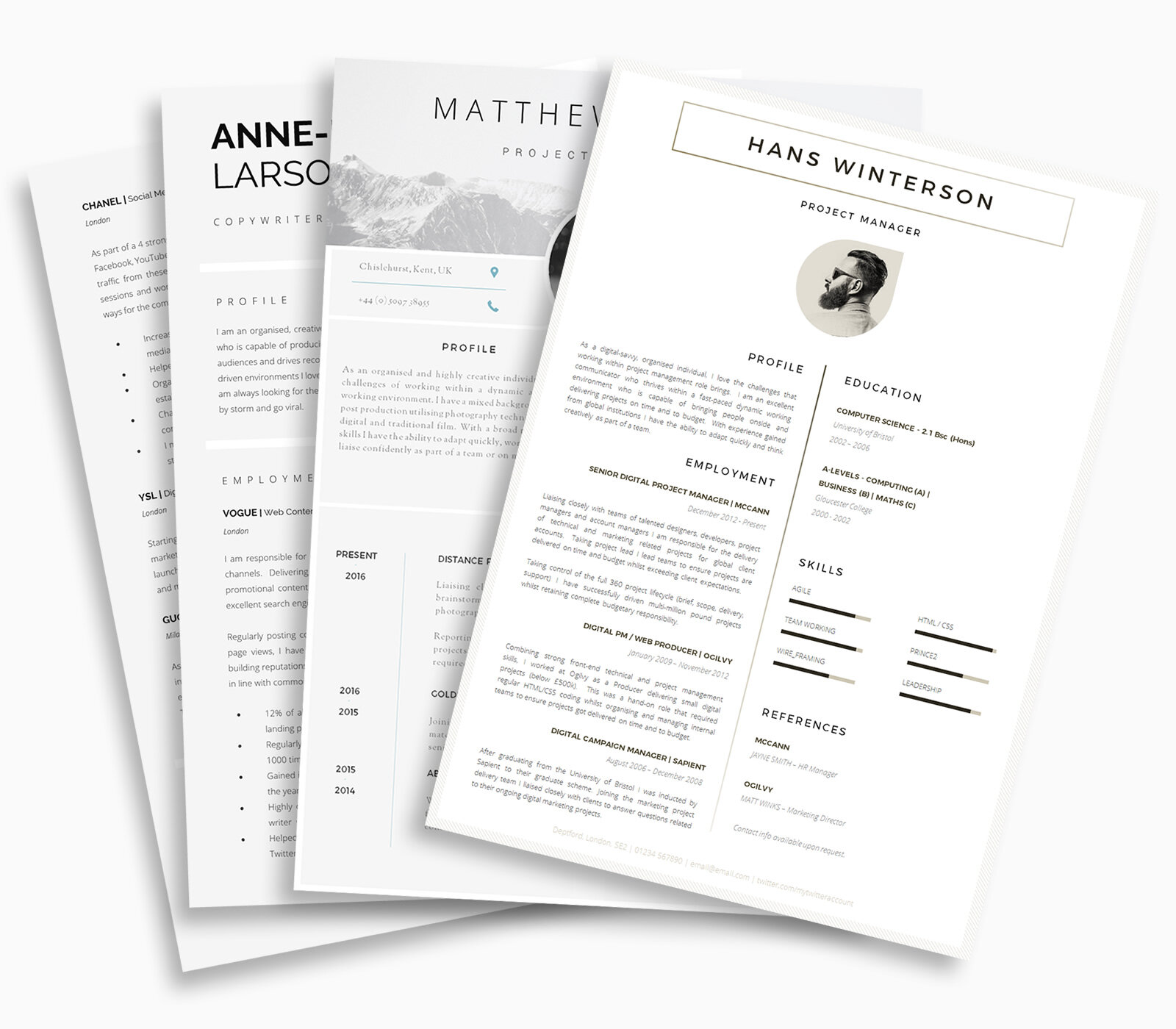Looking for a new job can be both an exciting and daunting experience. Securing your dream job is a significant milestone, but the journey towards that goal can often feel challenging. The following updated statistics for 2025 will hopefully help you see how achievable your goals are.
So, what does the current job search landscape look like in 2025? Let's explore some key facts and figures, covering interviews, social media, salaries, work culture, demographics, and more.
JOB SEARCH STATISTICS FOR 2025
Social media continues to play a crucial role in the job search process, both for job seekers and recruiters:
81% of job seekers use social media in their job search. (Glassdoor)
95% of recruiters use social media to find high-quality candidates. (Guru Careers)
77% of recruiters use LinkedIn to find candidates. (Jobvite)
Employers also use social media for research and due diligence…
92% of recruiters use social media to screen candidates. (CareerBuilder)
73% of employers say they have rejected a candidate because of something they found online. (CareerBuilder)
and candidates…
48% of job seekers say that social media plays a role in their decision to apply for a job. (Glassdoor)
85% of job seekers research a company's reputation as an employer before applying. (Glassdoor)
47% of job seekers say they have turned down a job offer because of a negative company reputation. (Glassdoor)
Well written JOB ADVERTS are still essential...
38% of job seekers say they will not apply for a job if they can't find the salary information, down from 40% last year. (Glassdoor)
A well optimised job advert can generate a 3x the amount of applications compared to a poorly written one. (Guru Careers)
Mentioning a location is important, as 52% of job seekers are prepared to relocate for the right job. (Indeed)
How does the JOB SEARCH LANDSCAPE look in 2024.
Remote working is still a key area although 80% of employers who advertise remote still need people to attend the office at least 1 day per month but preferably more. (Guru Careers)
80% of hiring managers now use video interviews to evaluate candidates, compared to less than 5% before Covid and up 2% on last year. (Guru Careers)
36% of job seekers say that flexible work arrangements are important to them when choosing a job. (Glassdoor)
Employers need to impress job seekers, JOB INTERVIEWS are a two way process where candidates gauge as much about work culture and requirements as employers do about skills and experience…
Ghosting is a big no, no. Job seekers site this as their biggest frustration within the hiring process. More than 90% of candidates have experienced this within their career journey so far. (LinkedIn)
60% of job seekers say that a negative interview experience can change their opinion about a company. (Glassdoor)
71% of job seekers say that the interview experience can affect their decision to take a job. (Indeed)
89% of job seekers think that interview preparation is important. (Indeed)
Soft SKILLS are just as important hard skills...
77% of employers believe that soft skills are just as important as hard skills. (CareerBuilder)
The most important skill sought by employers is communication skills, followed by teamwork, problem-solving, and a strong work ethic. (National Association of Colleges and Employers)
70% of employers say that they have rejected a candidate because they lack soft skills. (CareerBuilder)
A good RESUME DESIGN / CV FORMAT is essential…
Recruiters spend an average of 7.4 seconds reviewing a candidate's CV. (Eye-Tracking Study by TheLadders)
The average length of a CV is 2 pages. (Indeed)
CVs with stylish designs and unique layouts are 25% more likely to be selected. (Career Improvement Club)
58% of employers say they would dismiss a CV if it has typos or grammatical errors. (CareerBuilder)
51% of job seekers use a Creative CV Template to create their CV. (Career Improvement Club)
67% of job seekers tailor their CV to a specific job. (Indeed)
48% of recruiters say they would be more likely to contact a candidate if they included a personal statement on their CV. (Guru Careers)
CULTURE is key…
67% of job seekers say that a diverse workforce is important to them when considering a job offer. (Indeed)
81% of employees say that company culture is important to them when considering a job. (Glassdoor)
72% of hiring managers believe that the biggest challenge they face when hiring is finding the right cultural fit. (Glassdoor)
And for job seekers a sense of PURPOSE means a lot too…
50% of job seekers say that having a sense of purpose is important to them when choosing a job. (Glassdoor)
MONEY COUNTS...
70% of employees say they would leave their current job for one that pays just 5% more. (Glassdoor)
82% of job seekers say that salary and compensation are the most important factors when considering a job offer. (Indeed)
Although…
62% of job seekers say they have never negotiated their salary. (Glassdoor)
83% of job seekers say that they would take a lower salary if it meant working for a company with a mission they believe in. (Indeed)
SIZE MATTERS
79% of job seekers would prefer to work for a smaller business compared to a large corporation. (Indeed)
For job seekers the market is hyper COMPETITIVE, employers have a lot of choice…
Depending on who you listen to the average job opening receives anywhere between 155 - 270 applications. (TalentWorks & Guru Careers)
Men take more chances with job applications. Women will only apply to a vacancy if they possess 90% of the required skills, whereas men will apply to vacancies if they possess 50% of the required skills (Guru Careers).
Job seekers should AIM to be in the top 1% …
Only 10% of applications will have some relevant skills and experience. (Guru Careers)
Only 1-2% of applicants will be called in for an interview. (Guru Careers)
Less than 1% of job applicants receive a job offer after submitting their resume. (Indeed)
PATIENCE is a vertue...
The average job interview process takes 22.9 days. (Glassdoor)
The average job search lasts about six weeks. (Glassdoor)
but…
Only 7% of job seekers are willing to wait longer than two weeks to hear back from an employer. (Indeed)
The top 1% of candidates are hired in less than 48 hours from when a job application is first made. (Guru Careers)
FINALLY, making the correct decision is crucial for employers…
The cost of a bad hire can range from 30% to 150% of the employee's first-year salary. (CareerBuilder)
So there we have it all the facts and figures for a productive year of job seeking in 2024!
Article Updated: 04/02/2025





